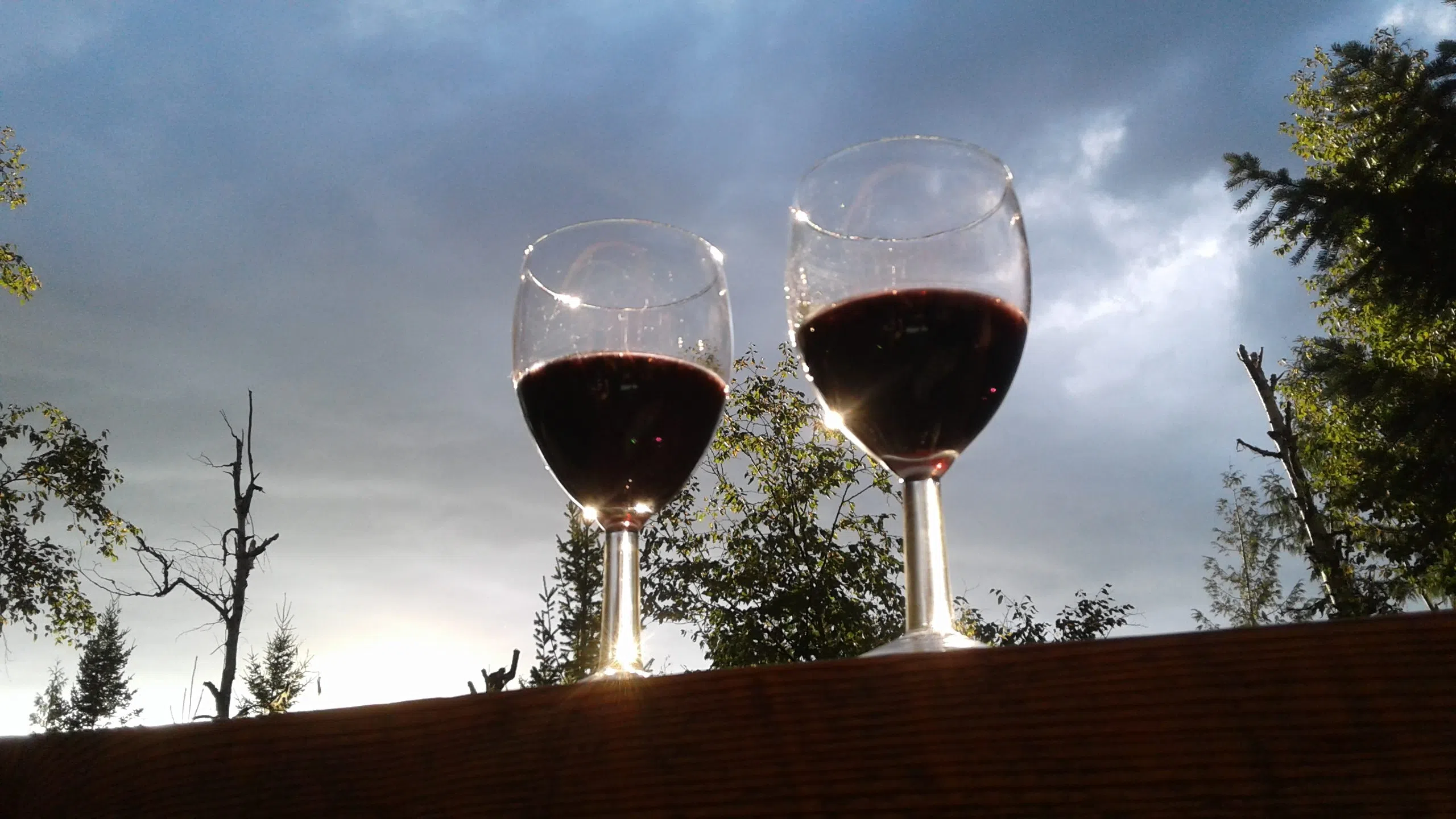
In vino veritas?
KAMLOOPS — The first time I read about the boycott of B.C. wines, the thought that came to mind was that no one will think it a good idea. A restaurant owner in Fort McMurray had decided to ban wines produced in British Columbia as a way to support the oil workers. It seemed like an emotional response, an automatic response of the kind kids would have after a dispute.
I read and shook my head; it did not make any sense. It seemed childish, targeting the wrong crowd (not that there should ever be a suitable crowd to ‘target’ – a highly subversive move by anyone, we can all agree). It seemed absurd since the restaurant owner herself, a small business owner, would know the unfairness of making the little guys pay for political disagreements at provincial level.
Somehow though, the news of the boycott must’ve reached the Alberta premier, who, unlike many others, thought it was a brilliant idea and as a result, expanded it to the whole province, thus creating a situation that saw people from B.C. and Alberta pitted against each other. How unCanadian, many have said since. Indeed, come what may, sticking together works better than being divided.
As it stands right now, the wine import is supposed to cease on February 15. The value of B.C. wine exports to Alberta hovered at around $70-million last year, nothing to sneeze at. One would expect nothing less this year, possibly more so since some of the last year’s crops got smoked during the massive wildfires, an element that was said by many to add some panache to the regular fare. Never mind that though, a pipeline and its associated tanker traffic are getting in the way. All of this is bad news for our wineries.


